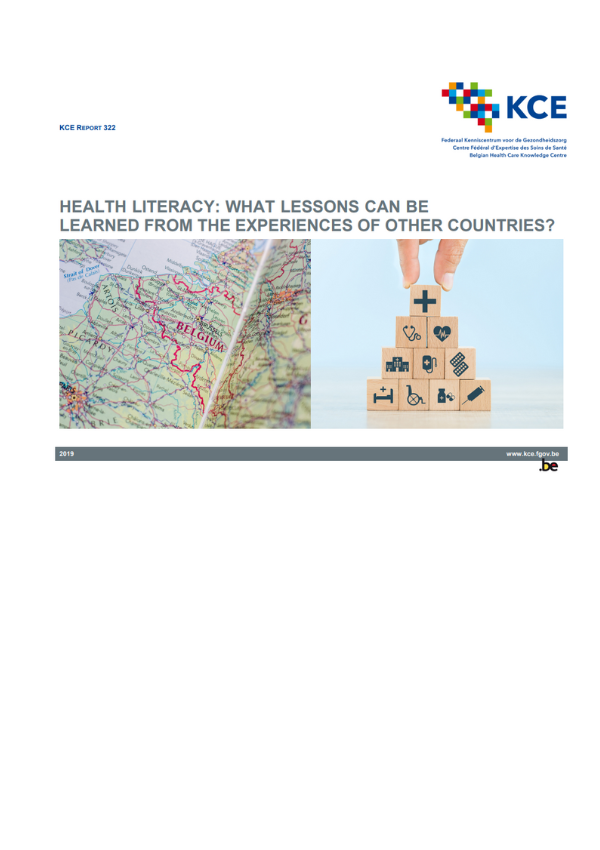Abstract
Background
Adequate levels of health literacy (HL) are crucial to ensure good quality of health, social life and wellbeing. HL is a mediating factor in health disparities. Low HL hampers interaction with healthcare. HL is a shared responsibility of individuals and the healthcare system. Multi-dimensional programs and policies should be set up.
Aim
To learn from current HL policies and action plans and to identify elements to consider for the development of national HL plans.
Method
Transversal analysis of HL policies in six countries, based on a preliminary scoping review. A combination of document analysis and key informant approach. Local experts validated and completed information for their country. A transversal comparison was performed.
Results
Several approaches were identified, often influenced by contextual factors, healthcare reforms and existence of centers of expertise. Some governments developed full-fledged, standalone plans, while others developed broader plans covering the entire health and care sector. Some took a conceptually driven, high level approach. Others took a pragmatic approach. And some did not have a governmental plan at all.
Conclusion
Policy makers should analyse their state structure and health system, and search for local ‘pockets of excellence’, to develop a well-planned, substantiated HL approach for their country.
